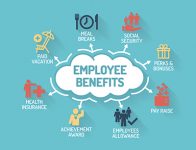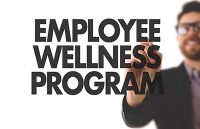Walmart Raises Starting Pay. Will Others Follow?
The world’s largest private employer has announced it will raise starting pay for all its U.S. workers to $11 per hour. The change, which takes effect with the Feb. 17 pay cycle, is the latest in a series of salary increases, aimed at better wages for associates.













